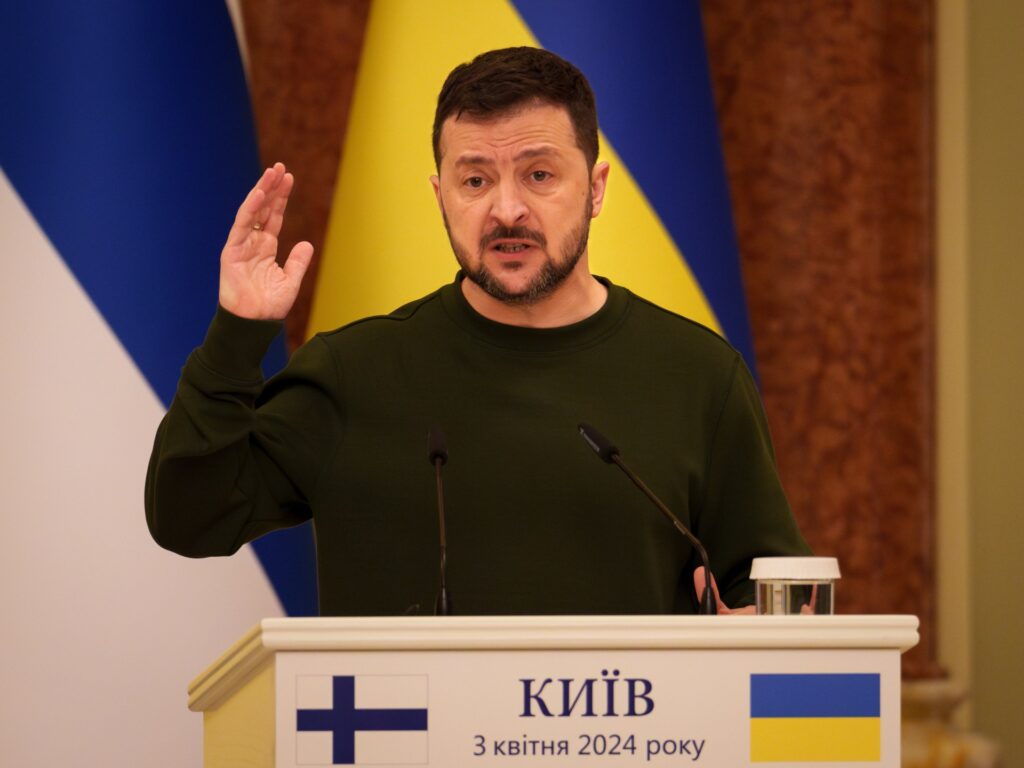Prosecutors say the Poles are suspected of providing information to Russian military intelligence.
Polish prosecutors say they have arrested a man in Poland on suspicion of being prepared to carry out espionage on behalf of Russian military intelligence in a plot to assassinate Ukrainian President Volodymyr Zelensky.
Prosecutors said in a statement Thursday that the Polish national, identified as Pawel K., is suspected of providing information to Russian military intelligence and “assisting the planning of an assassination plot by Russian special forces” against Zelenskiy. .
The newspaper said the suspect said he was “ready to act on behalf of the military intelligence services of the Russian Federation and to establish contacts with Russian nationals directly involved in the war in Ukraine.”
If convicted, the man could face up to eight years in prison, the statement said.
The statement added that Ukrainian prosecutors had informed Poland about this activity, which allowed them to collect “important evidence” against the suspects.
Ukraine's Prosecutor General Andriy Kostin said the suspects were tasked with “gathering information on the security of Rzeszow Jashonka Airport in southeastern Poland and transmitting it to the aggressor country.”
The airport is under the control of the US military. Zelenskyy frequently uses airports when traveling abroad. It is also used by foreign officials and aid convoys heading to Ukraine.
“This incident highlights the persistent threat Russia poses not only to Ukraine and Ukrainians, but to the entire free world,” Kostin wrote on X (formerly Twitter).
“The Kremlin's criminal regime… organizes and carries out subversive activities on the territory of other sovereign states,” he added.
Polish Foreign Minister Radosław Sikorski praised the work of his country's special services and prosecutors in the operation, as well as the cooperation with neighboring Ukraine.
Warsaw has been one of Kiev's strongest supporters since the Russian invasion in February 2022, but relations have recently frayed over a dispute over agricultural imports.

